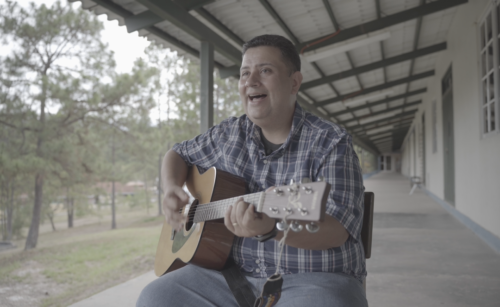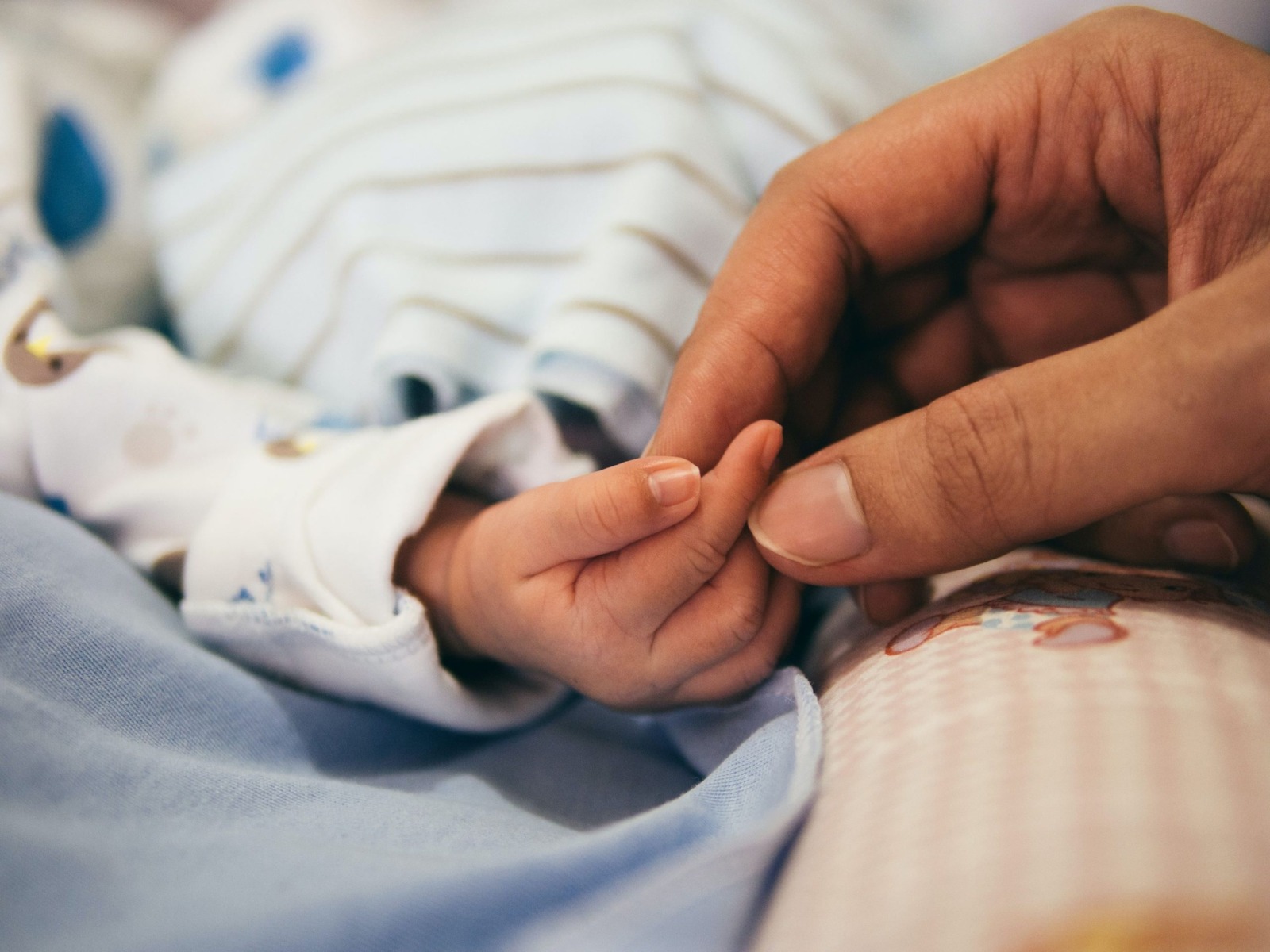This is the story of one couple’s journey and one child’s need coming together. It’s a story of the pain, beauty, and importance of temporary care.
Isai and Rosita Pineda were praying for a child. The couple has been married for many years, but had been unable to have children of their own. The Pinedas live in Siguatepeque, where Isai works as a school counselor at Academia La Providencia. He loves his job — working with children and youth at the school suits Isai well, as someone with a kind heart and a calling to minister to children.
At the same time, over hills and across highways in a different corner of Honduras, a baby takes her first breath — it’s miraculous. Two months later, she’s abandoned.
Someone finds the baby alone and brings her to DINAF, the Directorate for Children, Youth and Family in Honduras.
This baby girl had many needs. Who would feed her, clothe her, house her in safety, love her? Children can’t wait for these things. Who are the ones ready to receive them?
Isai and Rosita decided they could be.

“When the organization received her, they named her Monserrat,” Isai said, explaining that no one knew the girl’s real name. Isai and Rosita became Monserrat’s temporary caregivers when she was 9 months old. A smile spreads across his face at the mention of her name. “She came to be a light in our family,” he says.
Many children like Monserrat face abandonment in Honduras and around the world. Poverty is often at the root, causing a lack of economic security, stable housing, access to healthcare and general safety. It’s not by choice that many mothers give their babies away. Sometimes, it feels like the only choice they have, hoping wherever they land will provide a better future than what they could.
Monserrat’s arrival to the Pinedas was just as much a blessing as they were to her. Monserrat needed caregivers who loved her, and the Pinedas longed for a child to love. Yet, they knew it wasn’t a permanent arrangement. Isai and Rosita had registered to be temporary caregivers to children in need of immediate care, but are not necessarily eligible for adoption.
Temporary care is a key component of Horizon programming. On the path of Rescue, Restoration and Empowerment, children in the Rescue phase enter Temporary Residence Care in a Horizon Micro Community. These children, like Monserrat, are rescued out of destitute circumstances of neglect and abuse.
“At the beginning of the year, we heard that some of her family wanted to know where Monserrat was,” Isai shared. “That’s what started the process of placing her back with her biological family.”
Monserrat had been with the Pineda’s for nine months before she was reintegrated to live with her grandmother. They held several meeting sessions to introduce Monserrat to her family and allow her to get comfortable with them. “We knew those sessions would end in her reintegration, but it was hard on the last day. We didn’t know what would happen with her and her family.”
Reintegration, in the world of children’s care, is the process of restoring a child or youth to a stable situation with their biological family so they may live together with a healthy bond. When reintegration is healthy, the right to be in family is restored and that is applauded. A child finally gets to go home! In the celebration, it can be easy to forget the ones left on the other side — the crib that is emptied when another one is filled.
“We knew Monserrat wouldn’t be with us forever, but we thought it might be several years. We never imagined it would be so soon,” Isai said. When Monserrat returned to her biological family, she left a hole in the Pineda’s family. Isai shared the difficulty of the transition for them, especially for Rosita, who spent her days at home with Monserrat.
The life of a temporary caregiver isn’t easy. It requires immense emotional stamina and maturity: the ability to love a child in their trauma, knowing they will one day likely have to leave. Yet, Isai sees a blessing in it:
“For us, it’s the best experience we can have. There are many children who don’t have families; they need parents. It doesn’t matter if you only play a temporary role – you get to change the situation in that child’s life…it’s changed our life, it’s changed our hearts.
“Being a father in a temporary home, I learned how important it is to spend every day as a quality day,” Isai says. “Like the Bible says, we never know about the future – but these kids need our love every day. So I learned to love Monserrat in every hour and every moment. You never know when they’re going to leave, so the time you live with them you have to live with quality.”
Temporary Residential Care is an essential first step in empowering children and at-risk youth. If a link is established between a child and their biological family, and that family is found to be stable and capable of caring for their child, reintegration into their birth family is possible. Home-based Care allows Horizon to continue supporting children in their families, ensuring they have access to food, education and other key resources on their path to Empowerment.
Support temporary care for children like Monserrat in need of Rescue by supporting Whole Family.

